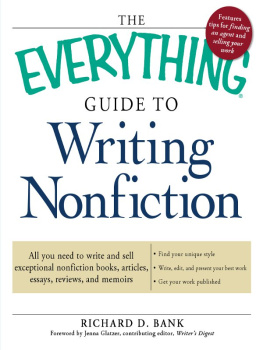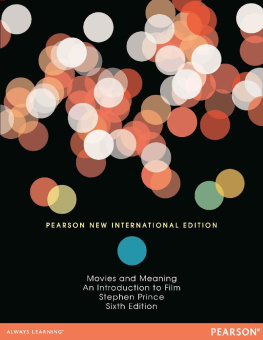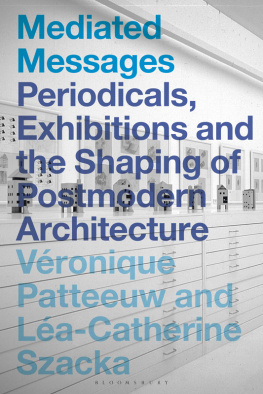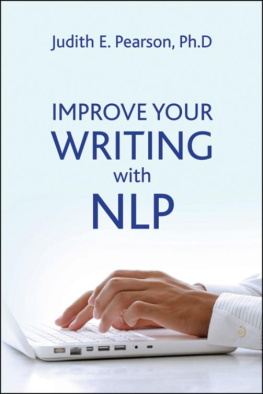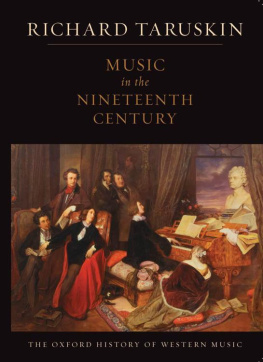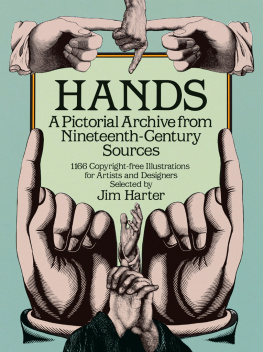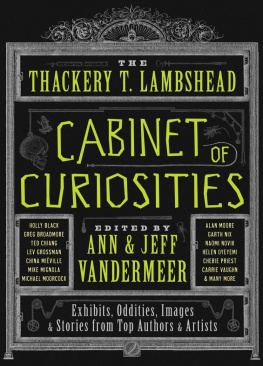W.M. THACKERAY AND THE MEDIATED TEXT
W.M. Thackeray and the Mediated Text
Writing for periodicals in the mid-nineteenth century
Richard Pearson
First published 2000 by Ashgate Publishing
Reissued 2018 by Routledge
2 Park Square, Milton Park, Abingdon, Oxon OX14 4RN
711 Third Avenue, New York, NY 10017, USA
Routledge is an imprint of the Taylor & Francis Group, an informa business
Copyright Richard Pearson, 2000
The author has asserted his moral right under the Copyright, Designs and Patents Act, 1988, to be identified as the author of this work.
All rights reserved. No part of this book may be reprinted or reproduced or utilised in any form or by any electronic, mechanical, or other means, now known or hereafter invented, including photocopying and recording, or in any information storage or retrieval system, without permission in writing from the publishers.
Notice:
Product or corporate names may be trademarks or registered trademarks, and are used only for identification and explanation without intent to infringe.
Publisher's Note
The publisher has gone to great lengths to ensure the quality of this reprint but points out that some imperfections in the original copies may be apparent.
Disclaimer
The publisher has made every effort to trace copyright holders and welcomes correspondence from those they have been unable to contact.
A Library of Congress record exists under LC control number: 00038988
ISBN 13: 978-1-138-71344-4 (hbk)
ISBN 13: 978-1-315-19880-4 (ebk)
Contents
The Nineteenth Century General Editors' Preface
The aim of this series is to reflect, develop and extend the great burgeoning of interest in the nineteenth century that has been an inevitable feature of recent decades, as that former epoch has come more sharply into focus as a locus for our understanding not only of the past but of the contours of our modernity. Though it is dedicated principally to the publication of original monographs and symposia in literature, history, cultural analysis, and associated fields, there will be a salient role for reprints of significant text from, or about, the period. Our overarching policy is to address the spectrum of nineteenth-century studies without exception, achieving the widest scope in chronology, approach and range of concern. This, we believe, distinguishes our project from comparable ones, and means, for example, that in the relevant areas of scholarship we both recognize and cut innovatively across such parameters as those suggested by the designations 'Romantic' and 'Victorian'. We welcome new ideas, while valuing tradition. It is hoped that the world which predates yet so forcibly predicts and engages our own will emerge in parts, as a whole, and in the lively currents of debate and change that are so manifest an aspect of its intellectual, artistic and social landscape.
Vincent Newey
Joanne Shattock
University of Leicester
I would like to thank all of the people who have assisted my research for this book over a number of years. Library staff at the following institutions have always been helpful: the Pierson Library, University College Worcester; Birmingham Central Reference Library; Birmingham University Library; the British Library, Bloomsbury; the British Newspaper Library, Colindale; the Bibliothque Nationale, Paris; the John Rylands Library, University of Manchester, Manchester Central Library.
Thanks to the University College Worcester for providing research leave to advance the project to completion.
My special thanks are warmly given to the individuals who have advised and encouraged in many ways: Roger Ebbatson, Sarah Davies, Catherine Neale, Alan Shelston, Barbara Rosenbaum, Joanne Shattock, and all of my friends and colleagues at University College Worcester and elsewhere.
My personal thanks go to Caroline Loughnane, my father, Nick, Kim, Tony, Jo, Mike, Sarah, and all of my friends.
This book is in memory of my mother.
For my mother
I shall not attempt to tell that story of the battle of the 23rd September, which ended in our glorious Captain striking his own colours to our superior and irresistible enemy. Sir Richard has told the story of his disaster in words nobler than any I could supply ...
( Works , XXIV, 298)
On reading Thackeray's incomplete last novel, Denis Duval , left in medias res by the processes of mid-Victorian literary production, I was delighted to discover that his last published words were about a namesake of mine, Captain Richard Pearson, and could indulge in the thought that he elevated me to the rank of 'Captain' (a fictitious self-fashioning that several of his characters accorded themselves). Certainly, coming from amongst the 1860s decade of Sensation, it was a haunting moment in my reading. More seriously, it is a testimony to the success of Thackeray's career, and the commercial value of his name-as-commodity in 1864, that the Cornhill Magazine could run a serial for its readers knowing (on both sides) that it was only half-finished. The market for Thackeray was strong; his name had pulling power, he could supply. This had not always been the case.
This study of Thackeray's writings for the periodical press, and his inscribing of the press into the world of his fiction, aims to demonstrate how the author not only negotiated the commercial marketplace but also explored its nature in symbolic narrative structures. My approach is broadly materialist, placing the text within a network of cultural relationships that shape and define both the 'author' and the reader However, I do not view the text as a passive product, but, as in the work of Jonathan Dollimore and Alan Sinfield, perceive of it as a site of contention and engagement. I use terminology such as N.N. Feltes' 'commodity-text' to describe the periodical article as a commercial transaction between publisher, editor, writer, and reader. But I also wish to see the writer as able to participate in a symbolic exchange of value in which the reader does not just purchase, say, a newspaper, but a text with added value as able to transgress the readerly assumptions about that purchase. For example, a reader in 1836 may buy the Constitutional newspaper and search for its Paris news, and find Thackeray's challenging attacks on capital punishment in the foreign correspondence section. The reader may not choose to return, but their understanding of the medium of Paris correspondence will have altered.
The text as a site of potential transgression within the periodical media poses more cautionary problems. The additional layer of mediation that exists - the editorial and proprietorial policies and politics of the newspaper or magazine immediately establishes a signifying system that disturbs our conventional view of literary authority. Much critical work has been carried out on how to 'read' the press: consideration must be made of the individual text or article and its intertextual relationship with the periodical as a whole, and within the run of that periodical over time. Furthermore, and something that is often omitted, the journal must be seen in relation to other journals of the period against which it defined its objectives. No launch of a new magazine is unaccompanied by a prospectus that seeks to locate that magazine into a niche or space within the market-place. Magazines create their own identities by distancing themselves from their immediate rivals. Thus, the National Standard cited the Literary Gazette , the Atheneaum , and the New Monthly Magazine as indices of its own goals and fashioned its image alongside their existing popularity. Jacques Lacan's theory of the mirror-stage and the reflection of the Other, with its adaptation to postcolonial theory, might seen a long way removed from the Victorian newspaper trade, but it is a model that proves useful. Marketing and image-making establish these structures of dependency on their self-imagined opposition in order to mediate the image of the Self. This process pervades Victorian publishing, and, indeed, is a central theme in Thackeray's writings, as my discussion of Pendennis suggests.




